Last week I got off the Jubilee line at Canning Town Station for the first time to visit London City Island. Around 15 years ago the area on the Leamouth Peninsula was, in the vague rhetoric of developers, an ‘industrial wasteland’. Now, to quote the particular developer responsible for the site, ‘London City Island is a unique new riverside development and 12-acre neighbourhood – creating a “mini-Manhattan” – in Leamouth, London.’ A pedestrian bridge spanning the River Lea has been installed, providing ‘all the benefits of island life with quick access to the city’. Construction is still underway on a number of commercial and residential properties, as well as the building set to be the new home of the English National Ballet. Interspersed among construction sites, however, some occupants of the completed buildings have already opened their doors, including an upscale supermarket, a gym and a couple of galleries.
One of these early arrivals is arebyte, a non-profit exhibition space, which moved in October last year from Hackney Wick. Right now it’s showing ‘Nøtel’, a collaborative work by architect-turned-artist Lawrence Lek and the electronic musician Kode9 (real name Steve Goodman). The collaboration began a couple of years ago with the idea, Lek tells me, of ‘exploring the relationship between sound and architecture’ – bringing together the music from the Kode9 album Nothing and a ‘fully automated, evacuated luxury hotel’ simulation designed by Lek. In its first outing in 2016, Goodman performed while Lek took the audience on a live virtual tour through the maze of the Nøtel. Now, its interiors reworked and expanded, the Nøtel is back, although this time the premise is a little different – arebyte has been transformed into a pseudo-marketing suite for the corporation.
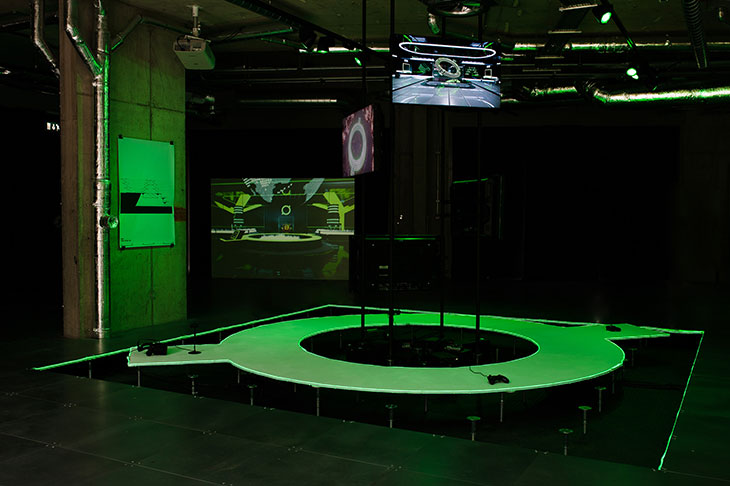
Installation view of Lawrence Lek and Kode9‘s ‘Nøtel’ at Arebyte, London, 2018. Photo: Luka Radek/Media Art Studio
At the centre of the gallery four screens hang from a black metal structure placed in an Ø-shaped pit, outlined in green neon tubing. Two of these screens are attached to video-gaming consoles, the other two to virtual-reality headsets, each offering a different method of navigating the digital rendering of the Nøtel. Architectural drawings of the building (itself an Ø shape) are hung on columns, and an edited ‘trailer’ for the Nøtel is projected on to a larger screen on the back. The video is narrated by two robotic voices reciting the company’s ‘CEØ statement’ – also printed on a nearby wall: ‘Nøtel Corporation is proud to present our first marketing suite for the Nøtel, our flagship range of zero-star™ hotels that embody the concept of fully-automated luxury.’
When I speak to Lek, he is quick to point out the site-specific nature of the project: ‘The idea was relating it London City Island, and property, and the untethered nature of space and so on.’ Although reluctant to label it a dystopia or a satire, he affirms the hope that the experience of navigating the Nøtel will be a ‘disquieting’ one, invoking a sense of the ‘emptiness’ of rootless urban life. In this way, the Nøtel becomes an experiential testing ground for ideas which have been in circulation for some time – during our conversation Lek cites, among others, the French anthropologist Marc Augé’s theory of ‘non-places’ such as airports, malls and hotel rooms, and Fredric Jameson’s seminal analysis of the sprawling Bonaventure Hotel in LA.
The Nøtel itself – or rather, the virtual rendering of it – is both impressively vast and vastly empty. Seemingly endless corridors lead from lobby to showroom to spa to nightclub, all blandly furnished in the familiar corporate aesthetic of glass tables, leather seating and potted orchids. The only human figures appear in the mirage-like form of the shadowy outlines of two DJs in the nightclub area, inaccessible behind a screen. The viewer’s journey through the space, whether using the console or VR headset, is accompanied by the alternatingly thunderous and ghostly electronic beats of Nothing, explained in the CEØ statement as deriving from ‘New Reaktion™: an intelligent sound system that is calibrated towards your better self [….] [p]layed through our exclusive direct neuro-active speaker systems, the ultimate in aesthetic privacy’. Occasional glimpses of the outside world offer views of an improbably starry sky and a high-rise skyline reminiscent of London City Island’s promise of creating its very own mini-Manhattan.
The presentation at arebyte is the first instalment in a two-part exhibition that in September will travel to Stroom den Haag, an art and architecture centre in The Hague. Lek tells me that he is planning to tweak the show to reflect the different ‘landscape context’ of a city that is home to the UN’s International Court of Peace and Justice, ‘another weird form of city branding itself as a globalised centre’ – this time for international conflict-resolution and cyber security. It remains to be seen whether the uncanniness of the Nøtel’s landing on City Island will be replicated at the next stop on its tour.
‘Nøtel’ by Lawrence Lek and Kode9 is at arebyte gallery, London, until 1 September.
Unlimited access from just $16 every 3 months
Subscribe to get unlimited and exclusive access to the top art stories, interviews and exhibition reviews.

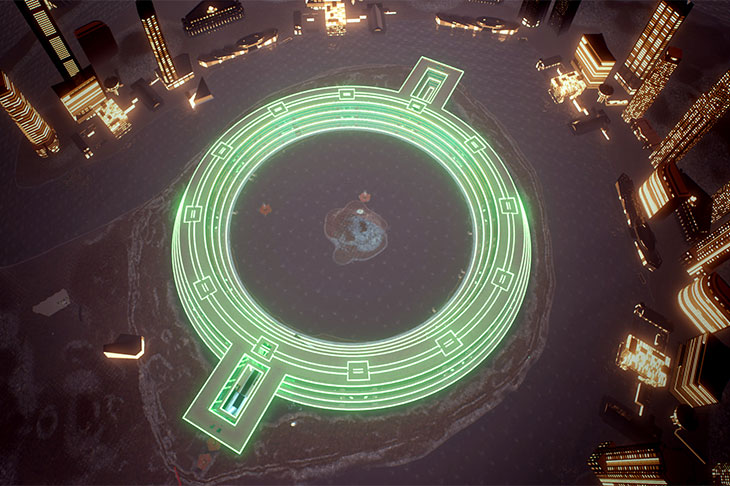
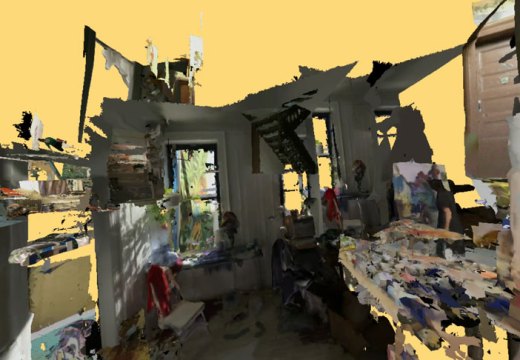
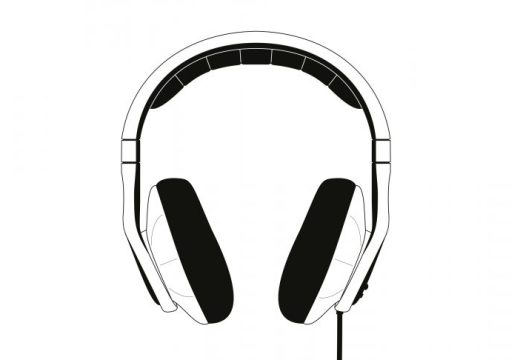
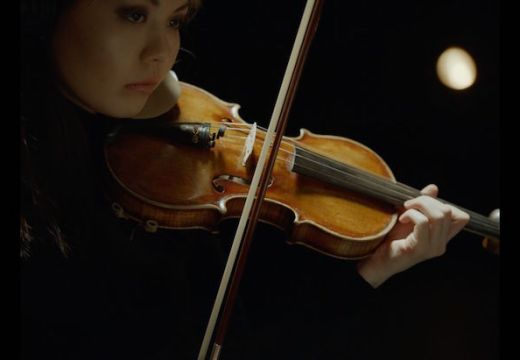
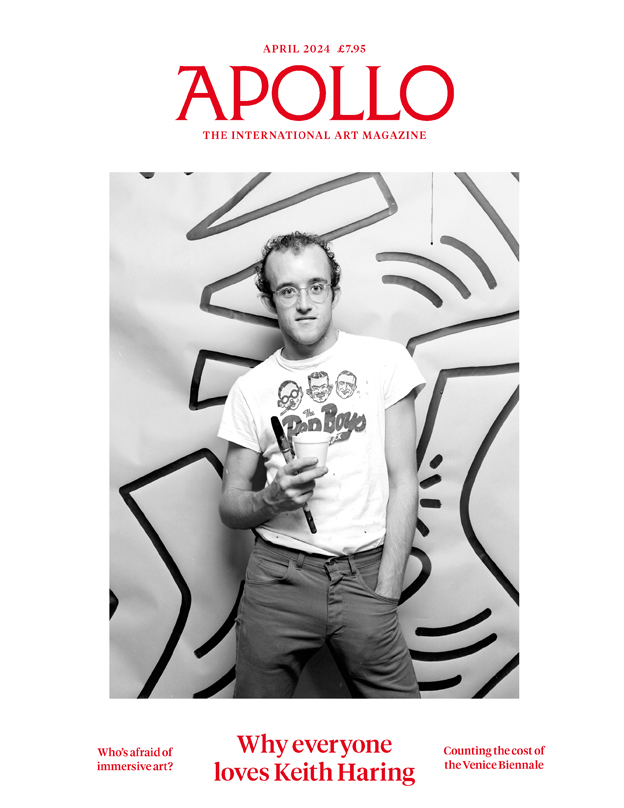
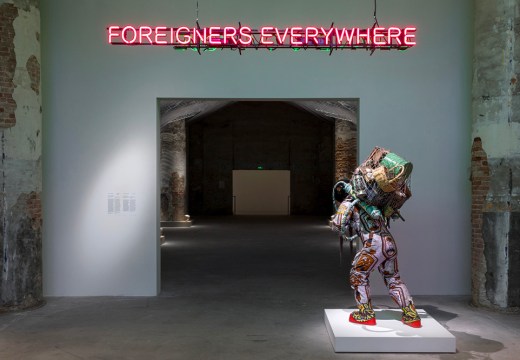
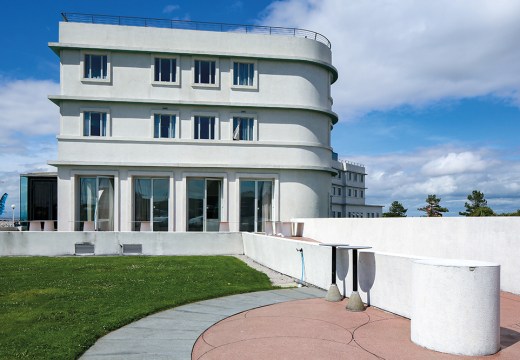

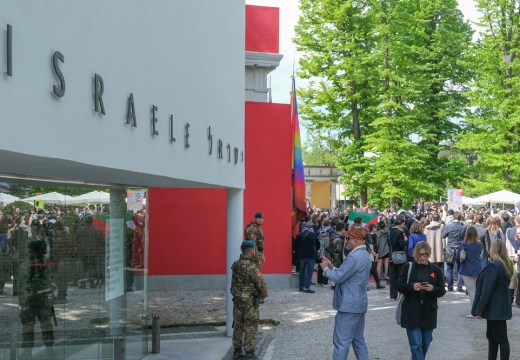
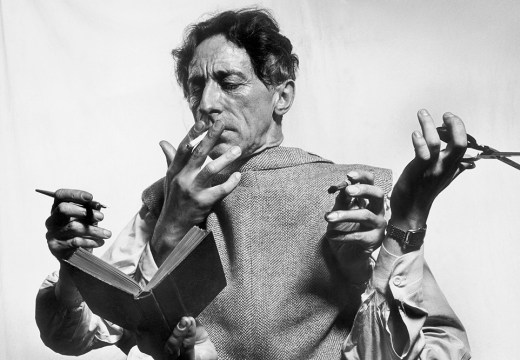
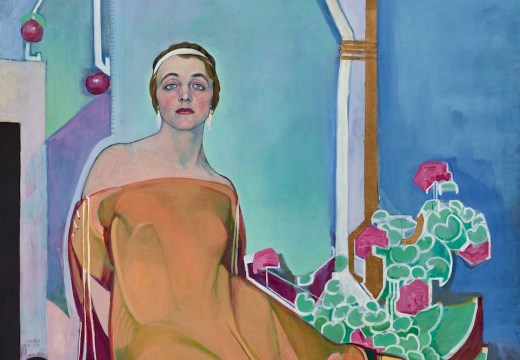
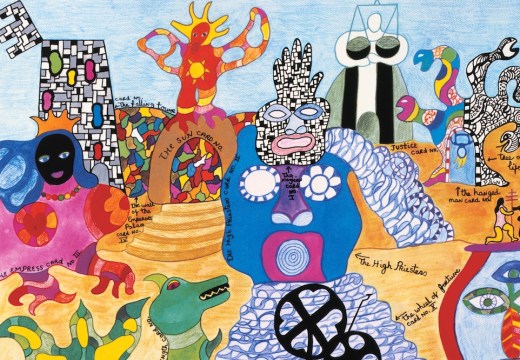
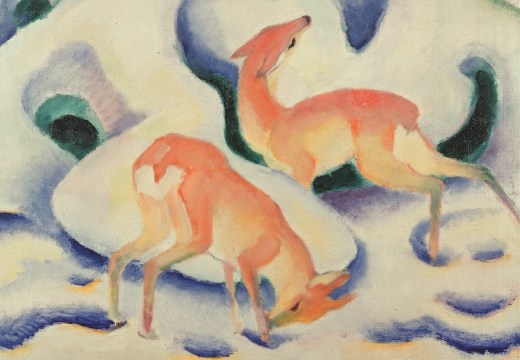
![Masterpiece [Re]discovery 2022. Photo: Ben Fisher Photography, courtesy of Masterpiece London](http://www.apollo-magazine.com/wp-content/uploads/2022/07/MPL2022_4263.jpg)
Why are fathers so absent from art history?